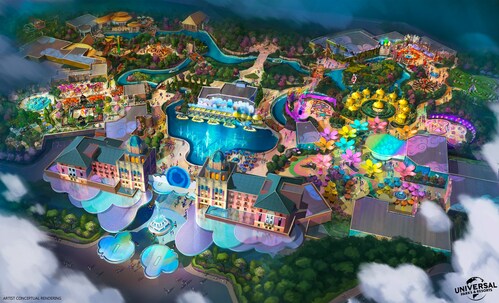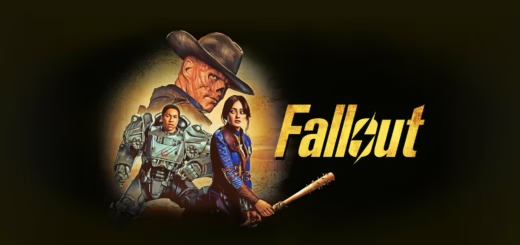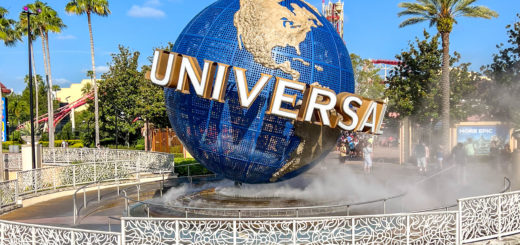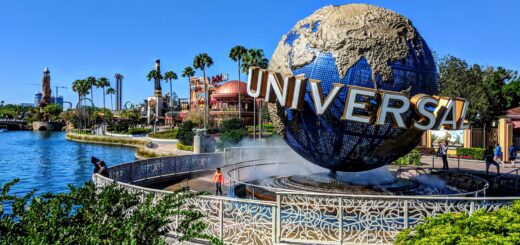Universal Studios Goes Strategically Small
As UniversalParksBlog reported here and here, Universal Studios has announced an expansion plan…and it’s not the one you would expect.
No, this reveal has nothing to do with Universal’s Epic Universe or even Super Nintendo World. It’s about two places where Universal lacks parks.
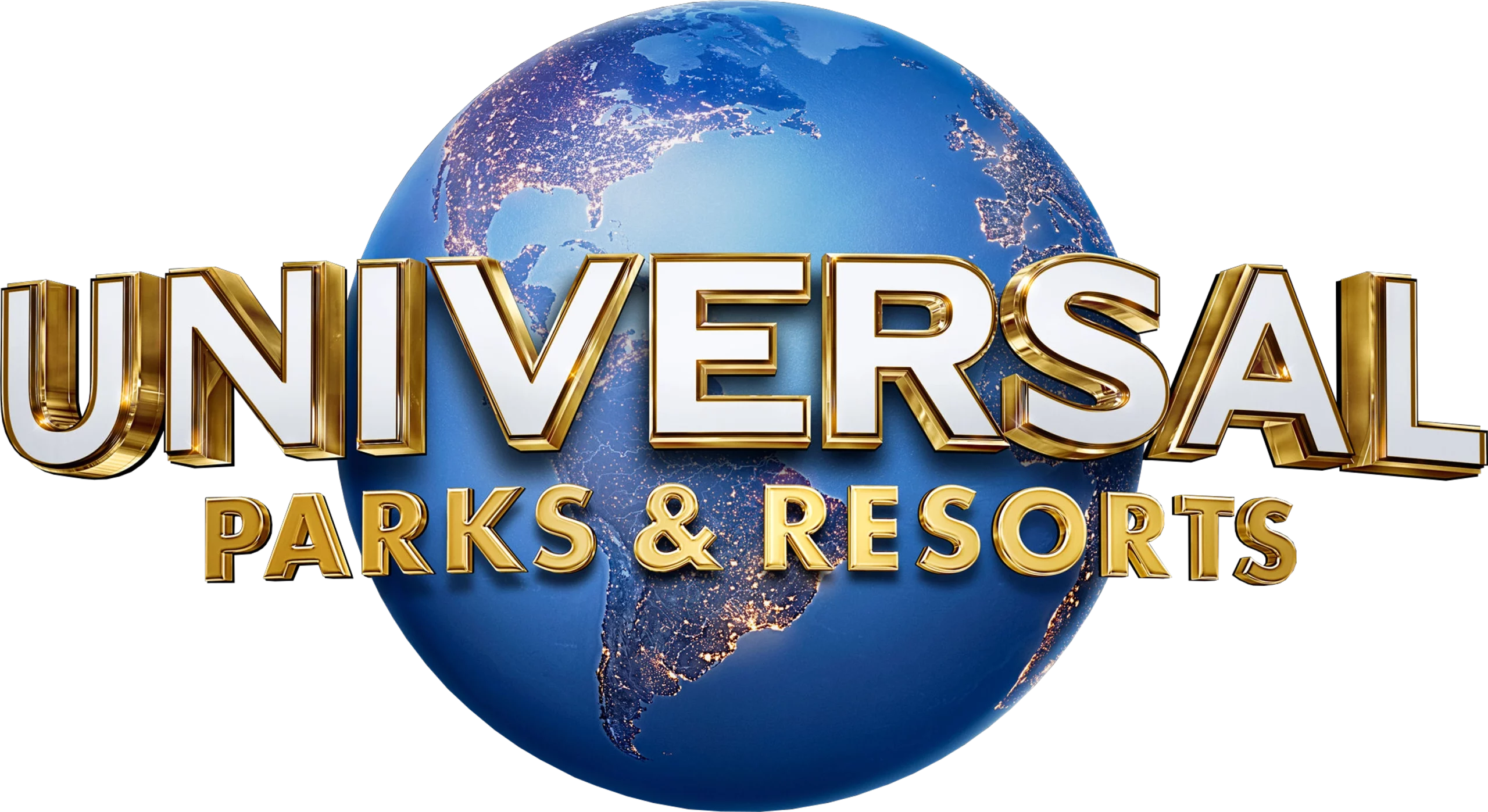
Yes, Universal Studios has chosen a new path for progress. The theme park company will go smaller. Here’s what we know and why they’re doing it.
The High Cost of Expansion
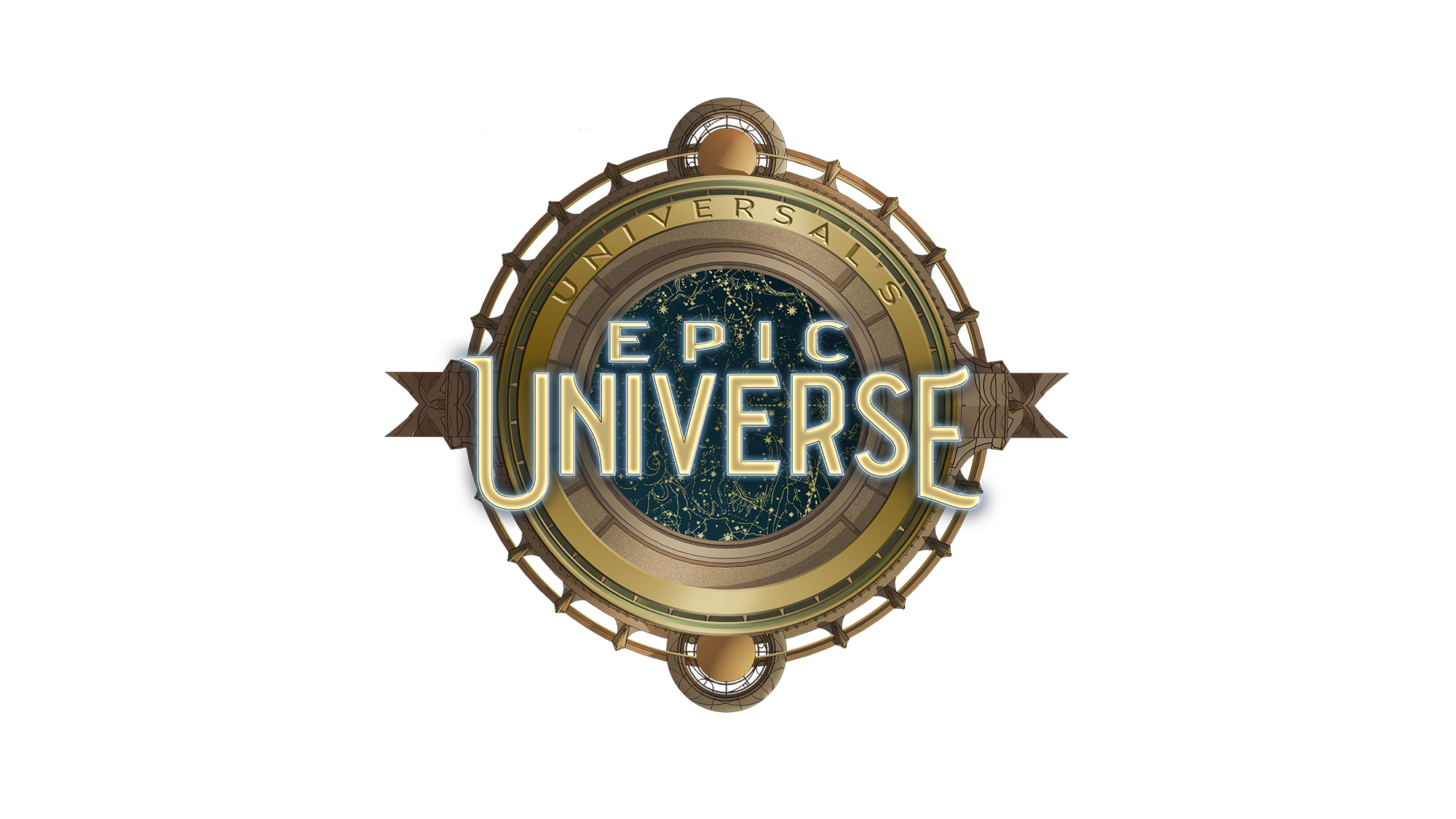
Did you know that Epic Universe comes with a price tag of at least $1 billion? In reality, the final numbers will grow much larger, but that’s the starting price.
Comcast, the corporate owner of NBCUniversal, will spend a guaranteed $164 million merely for the roads leading to Epic Universe.
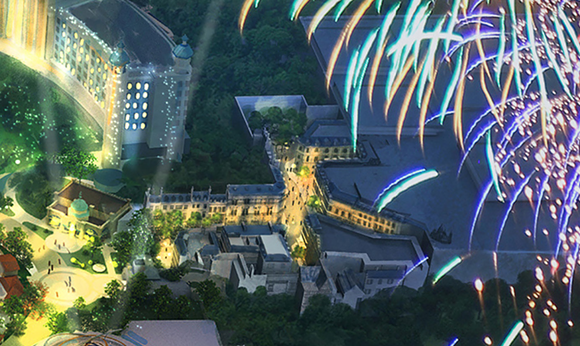
Photo: NBCUniversal
As we’ve previously discussed, Comcast carries a tremendous amount of debt, like an almost incomprehensible level.
The last thing that the company wants is to spend an outsized amount of money on park development.
Thankfully, the people running Comcast and NBCUniversal aren’t stupid, though. They recognize the earning potential of Universal Studios.

Photo: NBCUniversal
In truth, I believe that this theme park business has ascended so much that it’s at the pinnacle of its popularity right now. And I’m including the opening of The Wizarding World of Harry Potter in that calculation.
Universal has established its representation so much in the industry that it barely even cares that Disney holds a virtual monopoly.
The idea isn’t to beat the biggest theme park empire of all time at its own game. Instead, the goal involves siphoning market share.
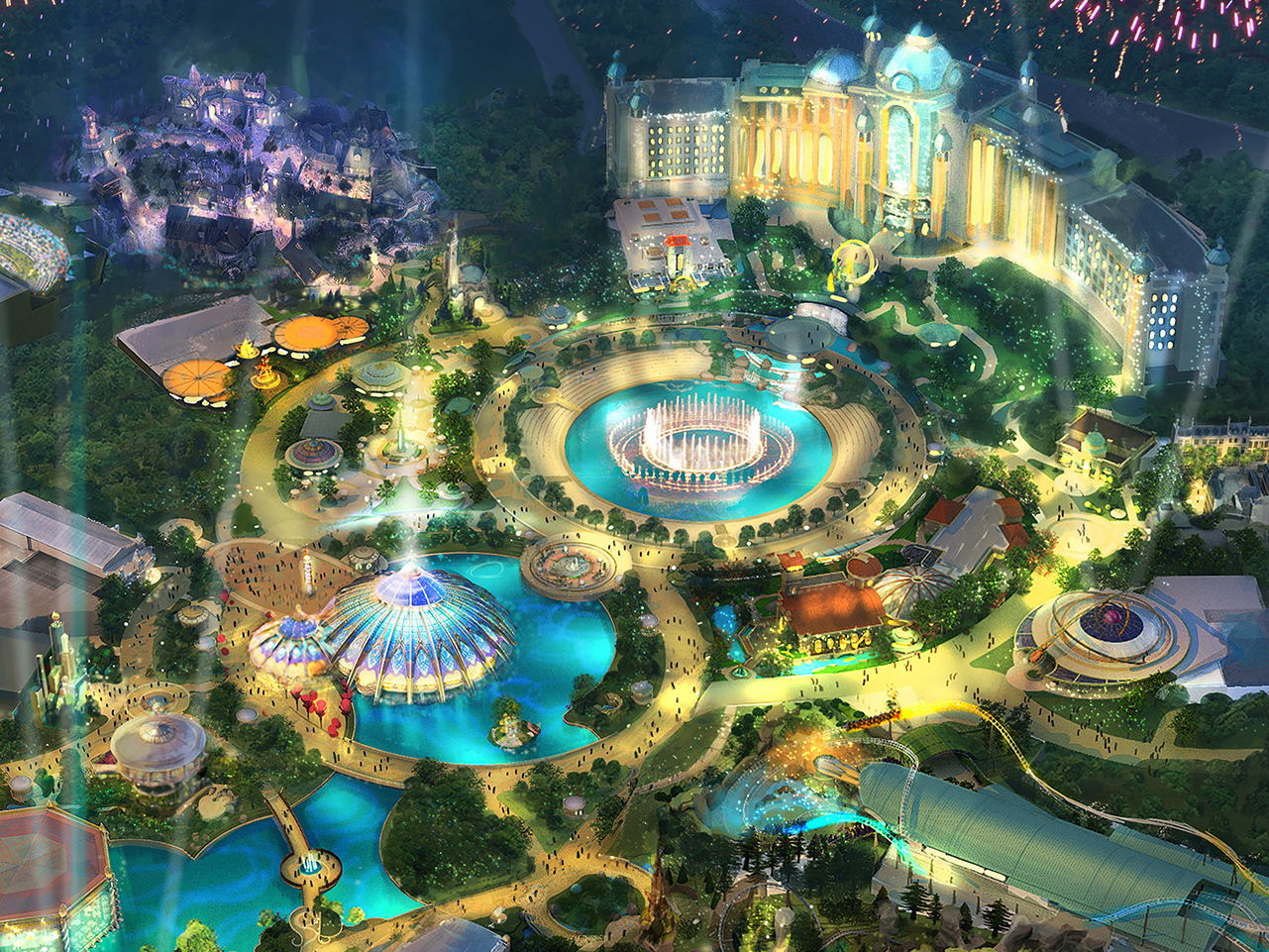
Photo: Universal Orlando Resort
Just as importantly, Universal wants to capitalize on its branding, which Harry Potter Land established.
However, in recent years, another limited-time event has exploded in popularity to an almost comical degree.
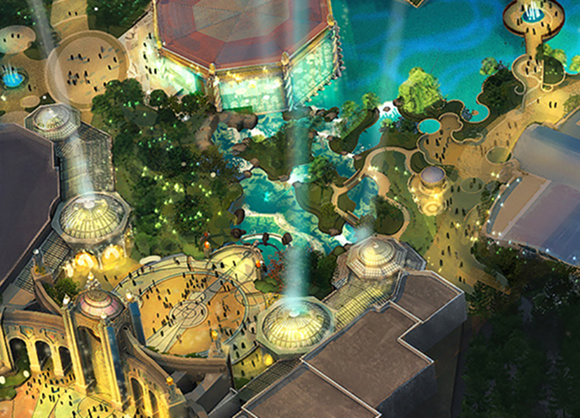
Photo: NBCUniversal
Universal knows this and has adopted a new strategy. Why should the company spend billions of dollars building massive parks alone?
Why wouldn’t Universal design smaller projects that take advantage of the emerging evaluation of Universal Studios as a destination vacation spot?
Finding the Sweet Spot
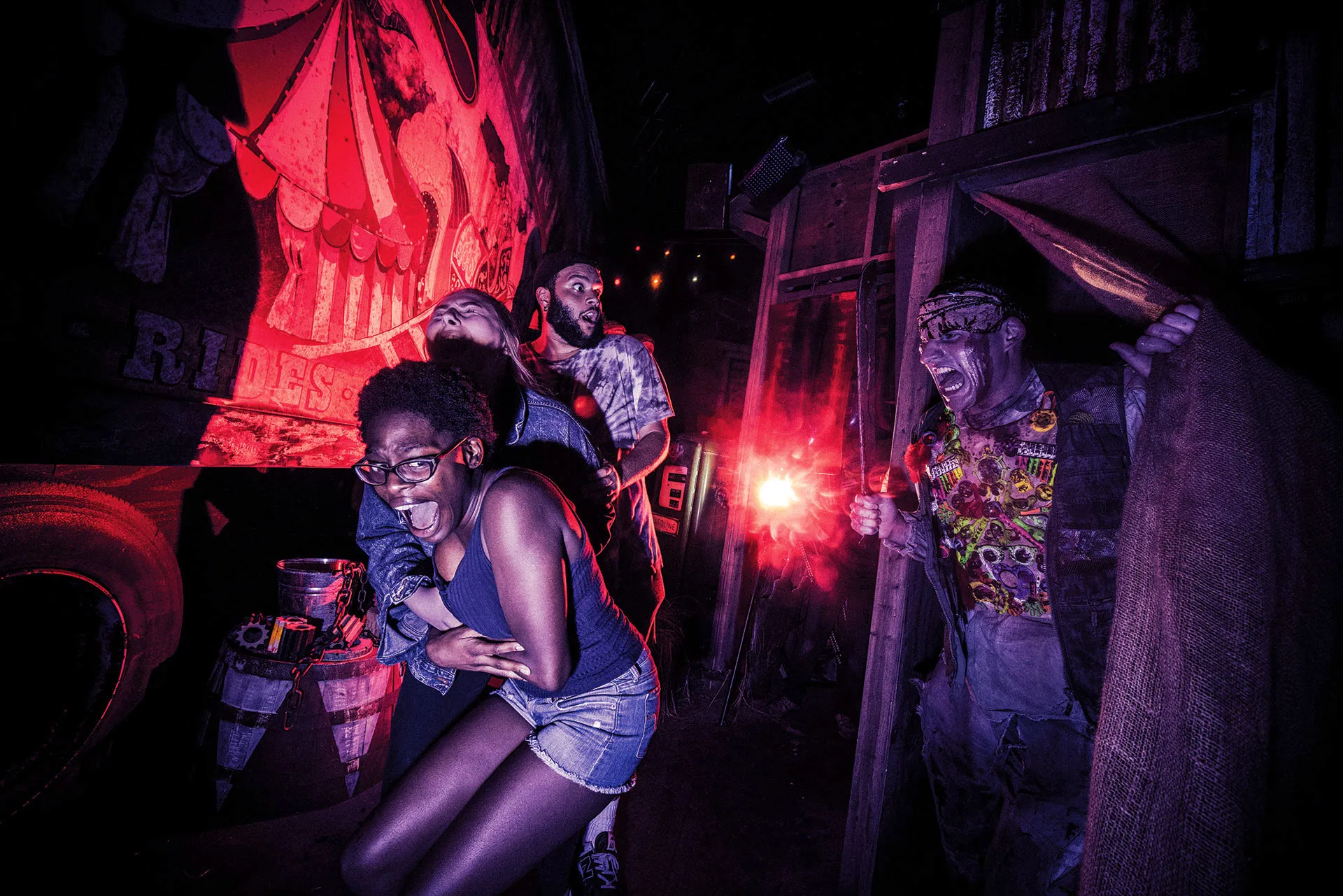
Photo: USA Today
Even better, why wouldn’t Universal exploit a market that The Walt Disney Company ignores? Disney doesn’t do Las Vegas, and it doesn’t do small towns.
The only places that do are smaller companies like Six Flags and Cedar Fair Entertainment Company.
You’ll find a random Six Flags every few hundred miles in the United States. Alas, everyone recognizes them as cheap parks with little drawing power.
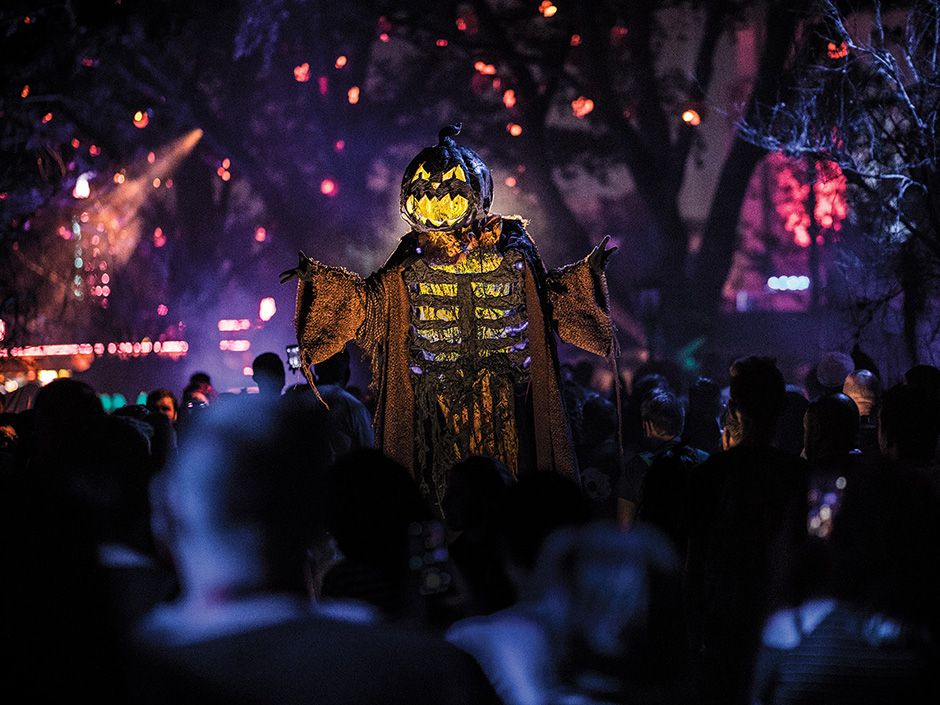
Photo: Lynette Granger Rep/Facebook
Contrast that perspective to Universal Studios, which just claimed two of the three highest theme park attendance numbers during 2021.
Yes, that achievement came with a gigantic asterisk due to the pandemic, but it’s still a statement Universal executives can state honestly.
So, while Universal Studios isn’t Disney and probably won’t ever reach that level, it is a much more recognizable brand than Six Flags or the like.

Photo: Universal Blog
Universal has claimed the unofficial title of being the Pepsi of the theme park industry to Disney’s Coke. And there’s tons of money in being a major player in an oligopoly!
For this reason, Universal has settled on a new and frankly brilliant approach to its theme park empire.
Universal will go smaller at the same time it goes bigger. The undeniably massive project is Epic Universe.

Photo: Universal Orlando
However, Universal has also targeted one thriving area of the country for development. Simultaneously, it has identified the best play for one of its primary properties.
Universal Studios will head to Texas within the next five years. And it’ll probably debut a new kind of entertainment in Las Vegas even sooner.
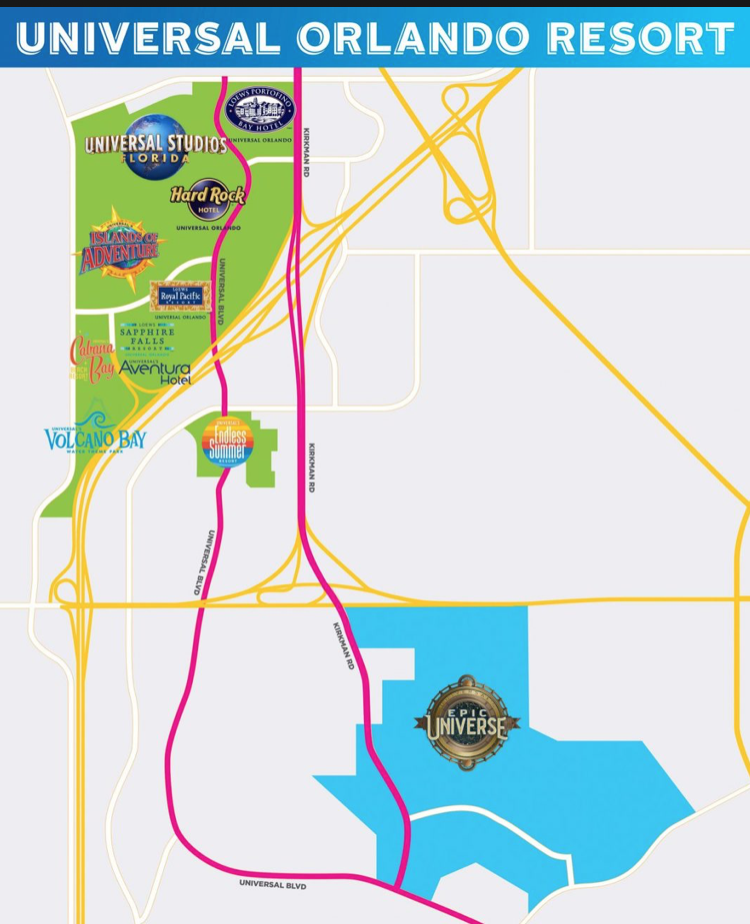
Photo: Universal Orlando
That’s two expansion projects that will cost a fraction of what Epic Universe does.
The beauty of them is that they’ll quickly pay for themselves, thereby becoming revenue generators almost from the start.
Not Everything’s Bigger in Texas
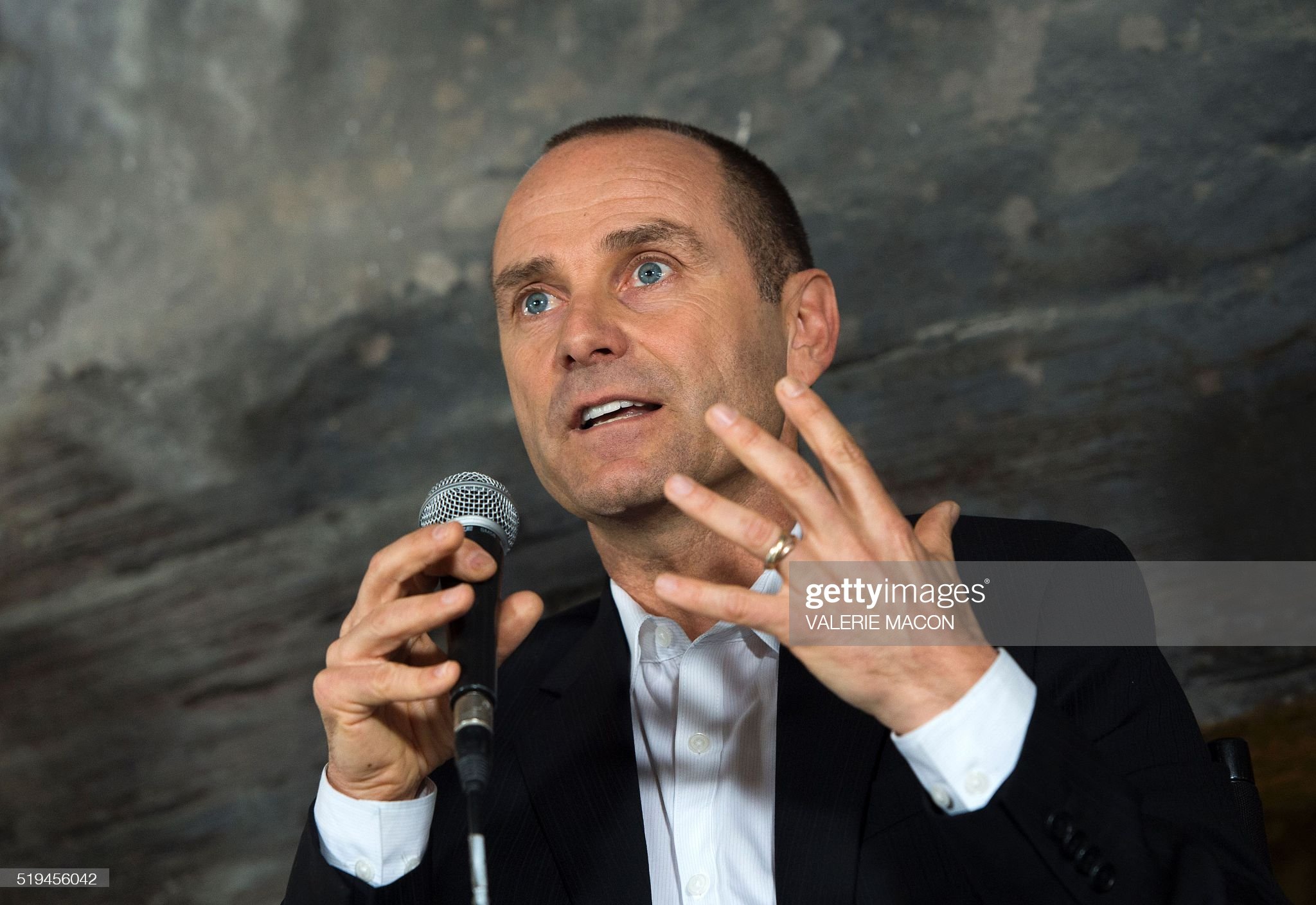
S
/ AFP / VALERIE MACON Photo- VALERIE MACON/AFP via Getty Images)
In 1998, Frisco, Texas, claimed a population of 25,398 people. For 2021, that number had exploded to roughly 216,000.
Why is the area growing at such an exponential pace? It’s about 30 miles from Dallas and provides ready access to the city without all the traffic congestion.
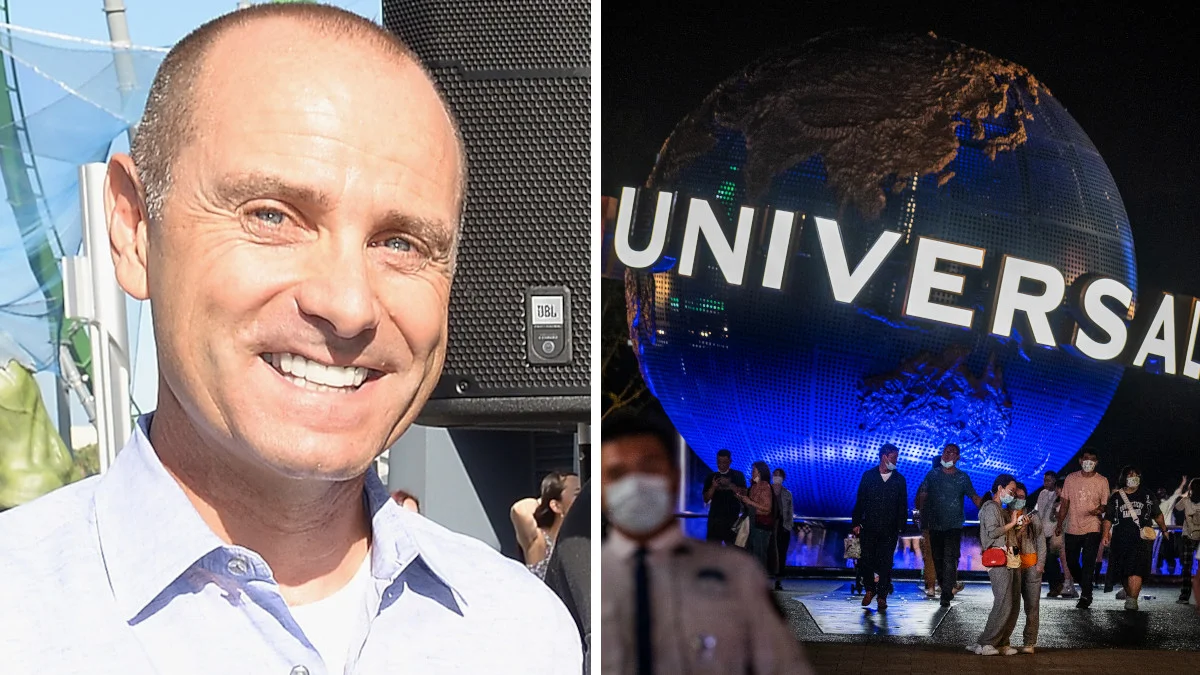
Photo: Getty
Universal Studios has targeted Frisco for the inverse reason why most people live there. The residents want to be close to Dallas but not live there.
Meanwhile, Universal is targeting the overflowing Dallas/Fort Worth population of 6.5 million people as potential tourists willing to drive a half hour for a fun park visit.
Between the three cities, that’s more than 6.7 million customers who will hold an interest in a new Universal Studios park.
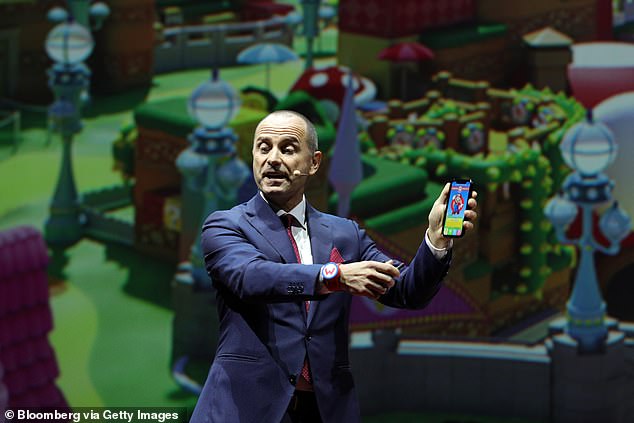
Photo:L Bloomburg via Getty
What will they find at the new location? UniversalParksBlog will post a detailed evaluation next week.
For now, I’ll say that the planned Frisco development is charmingly modest and intentionally skews very young.
We’re talking about kids who love all things Madagascar and Minions as customers at a child-friendly theme park.

Photo: Universal
By taking this approach, Universal Studios cedes the roller coaster war by never even entering the thrill-ride race.
Those gigacoasters can cost nine figures to build. The entire Universal Studios theme park in Frisco might not cost that much.
Instead, this park will consist of flat rides, children’s entertainment areas, show-based attractions, and countless character interactions.

Photo: UNIVERSAL ORLANDO
This final component is something I’ve stressed regarding Star Wars: Rise of the Resistance. Disney chose something experiential as its selling point.
That strategy has worked, as statistics indicate that the next generation of theme park fans prefer experiences, all other things being equal.
Universal has researched the data and discovered the same idea. In fact, they’re doubling down on it.
Vegas Horror Nights
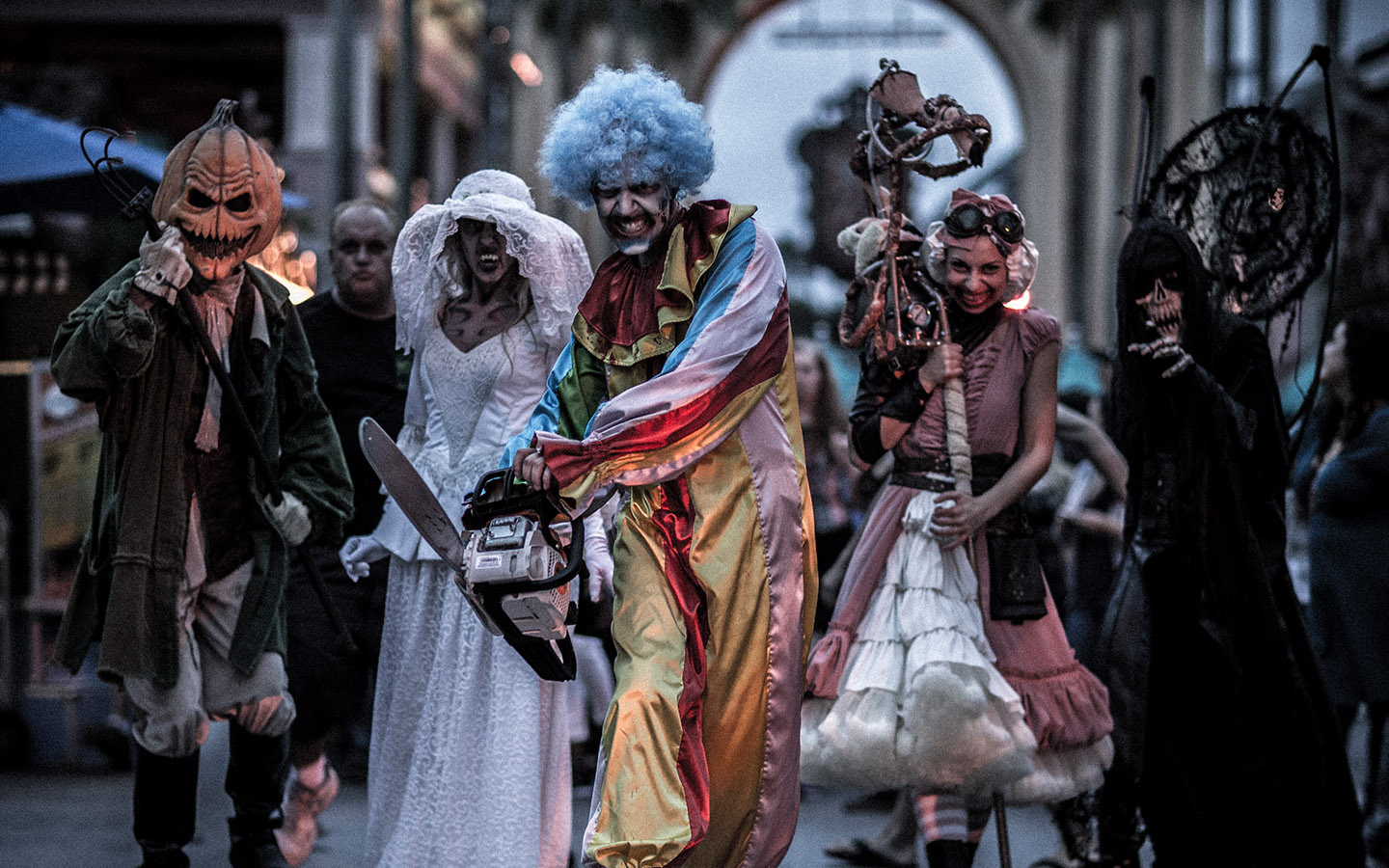
Photo: UNIVERSAL BLOG
Building an inexpensive, family-friendly theme park in Texas makes sense to the location and target audience.
A city with an exploding population rate will have an accompanying number of children in need of entertainment. That’s Small Plan A.
Small Plan B focalizes one Universal property in its ideal environment. Remember how Epic Universe will offer a Classic Monsters themed land?

Photo:halloweenhorrornights.fandon.com
Universal has adopted this approach due to the popularity of its seasonal Halloween Horror Nights (HHN).
Nothing else that Universal offers, not even Harry Potter Land, can compete with HHN. The only “problem” with the event is that it’s seasonal by necessity.
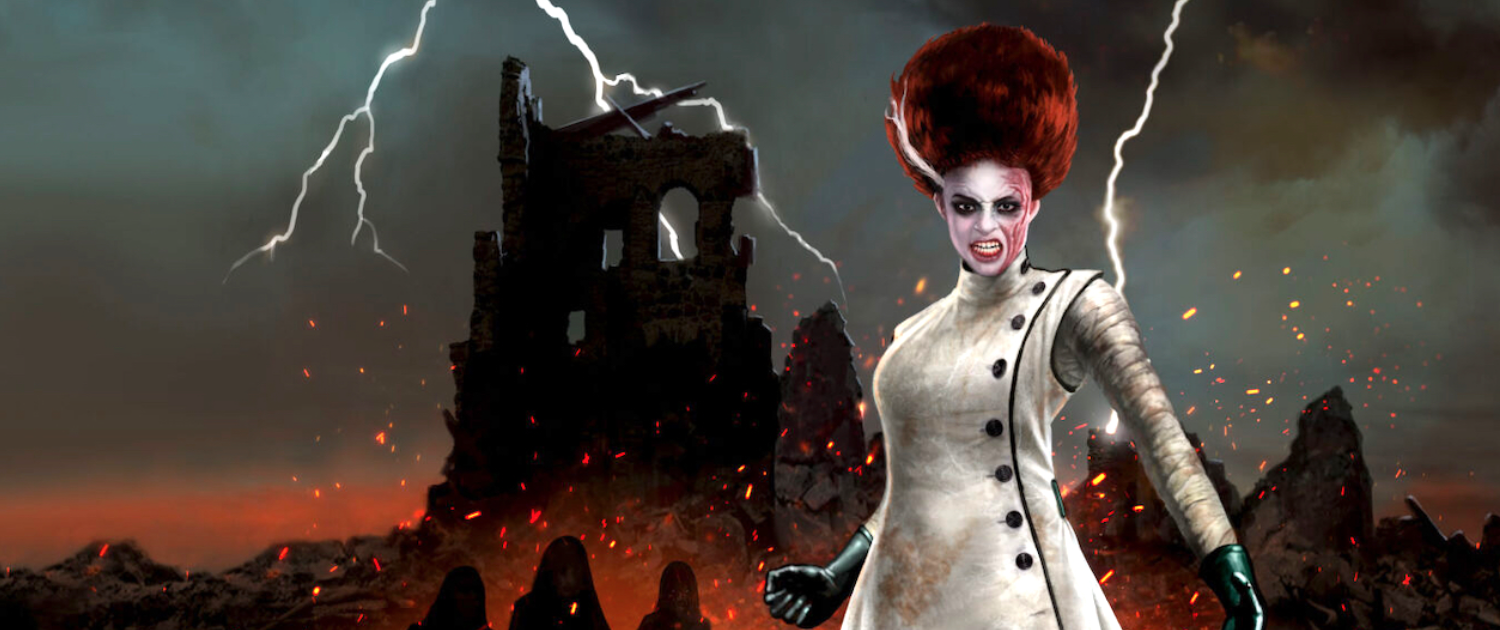
Photo: themeparkinsider.com
The Classic Monsters themed land will monetize horror fans on a daily basis, but it’s part of a family-friendly theme park, one with a land themed to How to Train Your Dragon.
You should calibrate your expectations to acknowledge that Universal won’t want to terrify those children when they see the Classic Monsters.
I don’t need to tell you that Las Vegas ain’t for the kiddies. It’s a 24-hour adult nightspot with a thriving cosplay culture.
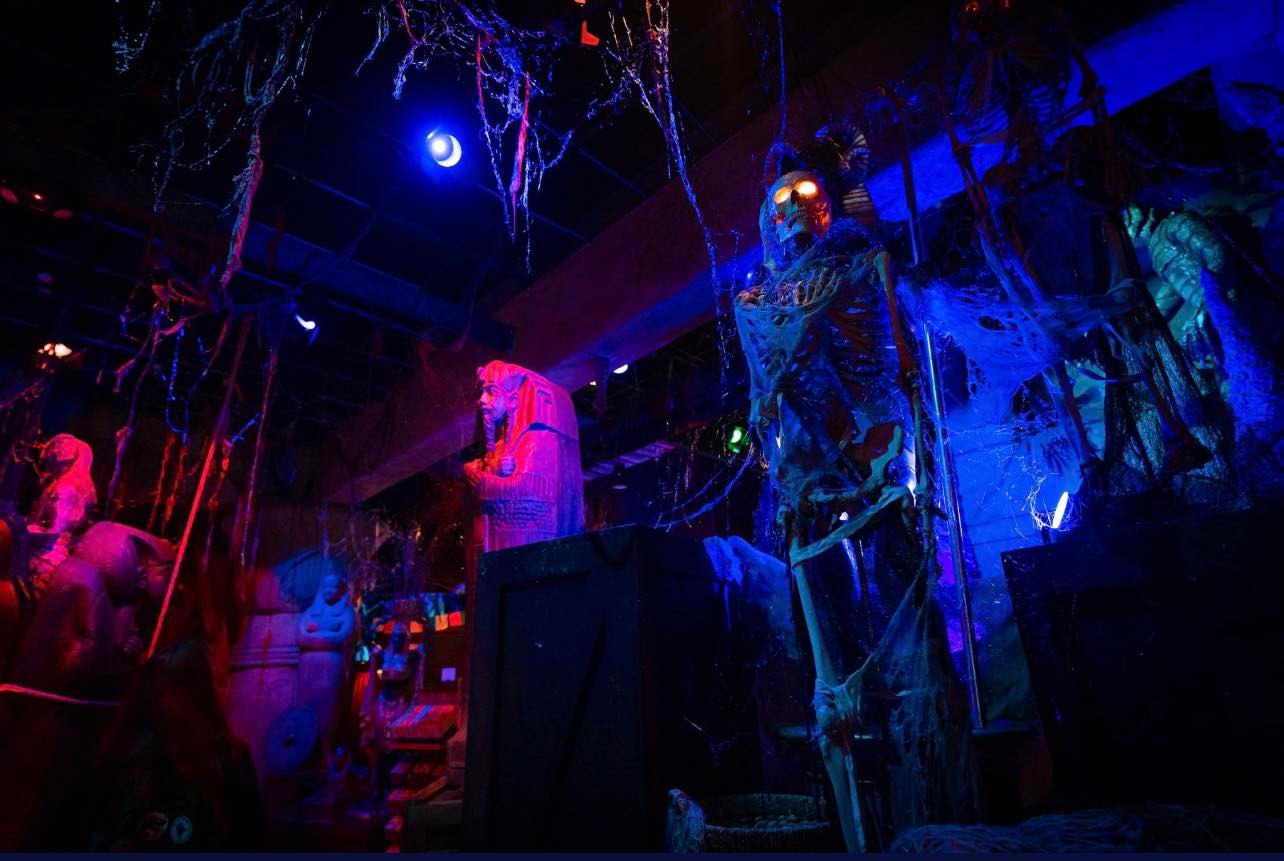
Seriously, I watch livestreams of Vegas at times when they develop new themed entertainment concepts. The place is pretty cutting-edge in this regard.
However, I can’t link one because I’d have to watch the entire video to ensure that it’s safe for work. The streets of Vegas get pretty crazy.
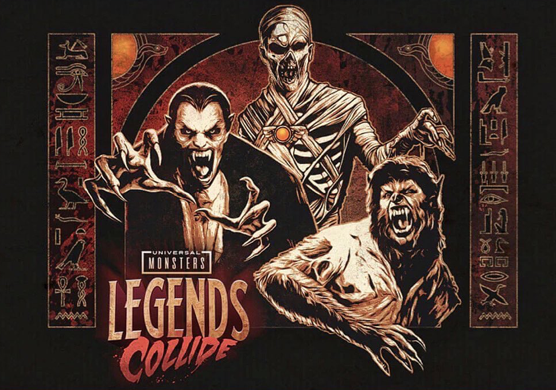
Photo: Facebook/Universal Monsters Universe
Universal Studios has identified this city as the perfect permanent home for an evolving HHN-style event. And they’re right!
The theme park will host a “horror party” at Area15, a relatively new location that already entices more than 2.4 million annual guests.
Universal has announced it’ll anchor a 20-acre expansion:
JUST ANNOUNCED: we're bringing an entirely new year-round horror experience to you, Las Vegas. 😈 pic.twitter.com/Qn8lGQLVmc
— Horror Nights (@HorrorNights) January 11, 2023
Buy Low, Reap Rewards
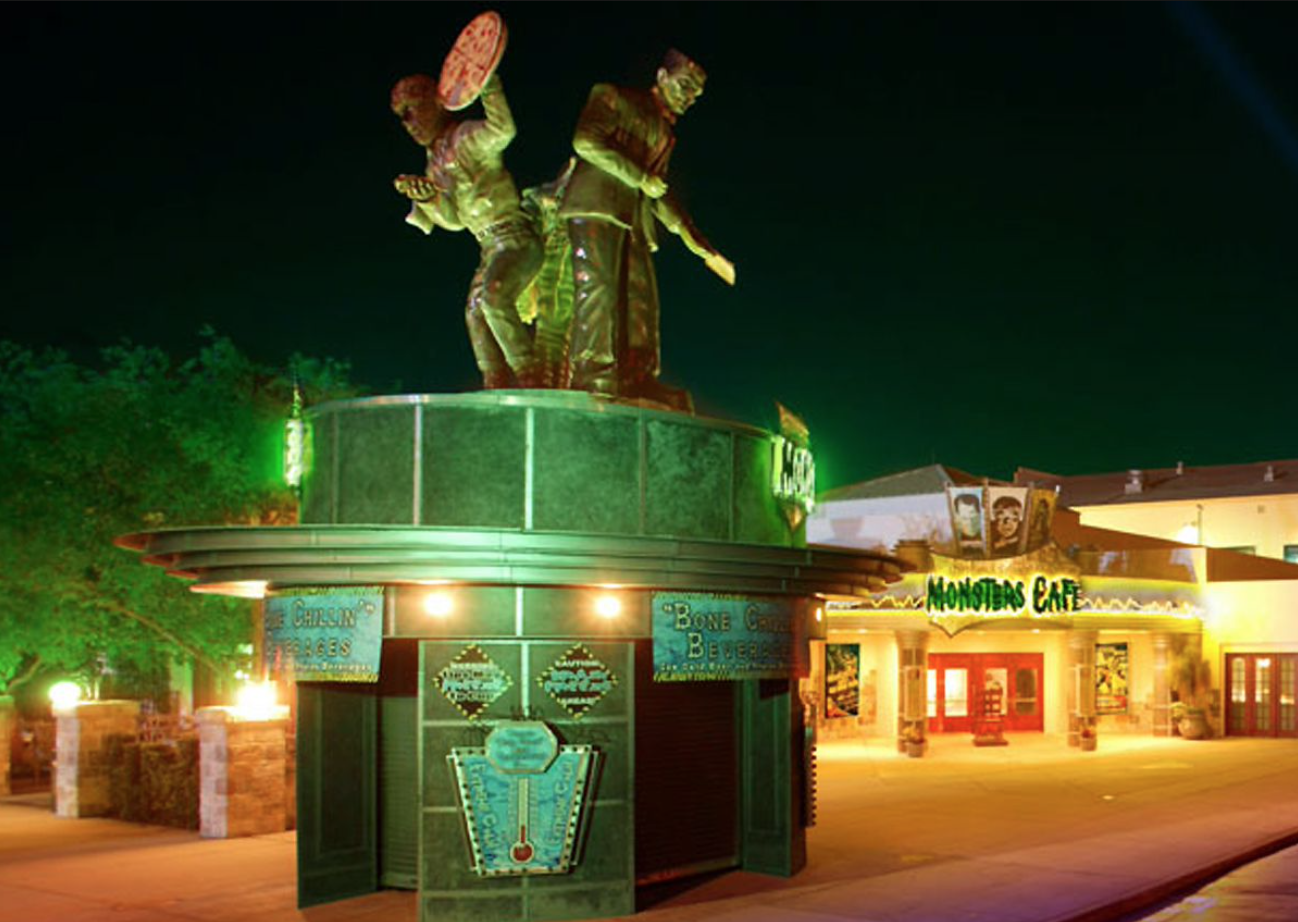
Photo: tripsavy.com
The genius of this approach is that it turns HHN into a permanent gathering…and an entirely adult one. Universal can’t do that at Epic Universe.
So, this Las Vegas experience will monetize the HHN brand daily. Universal has promised seasonal events and frequent changes in guest offerings.
In other words, Universal will encourage frequent visits to capitalize on the love fans feel for HHN.
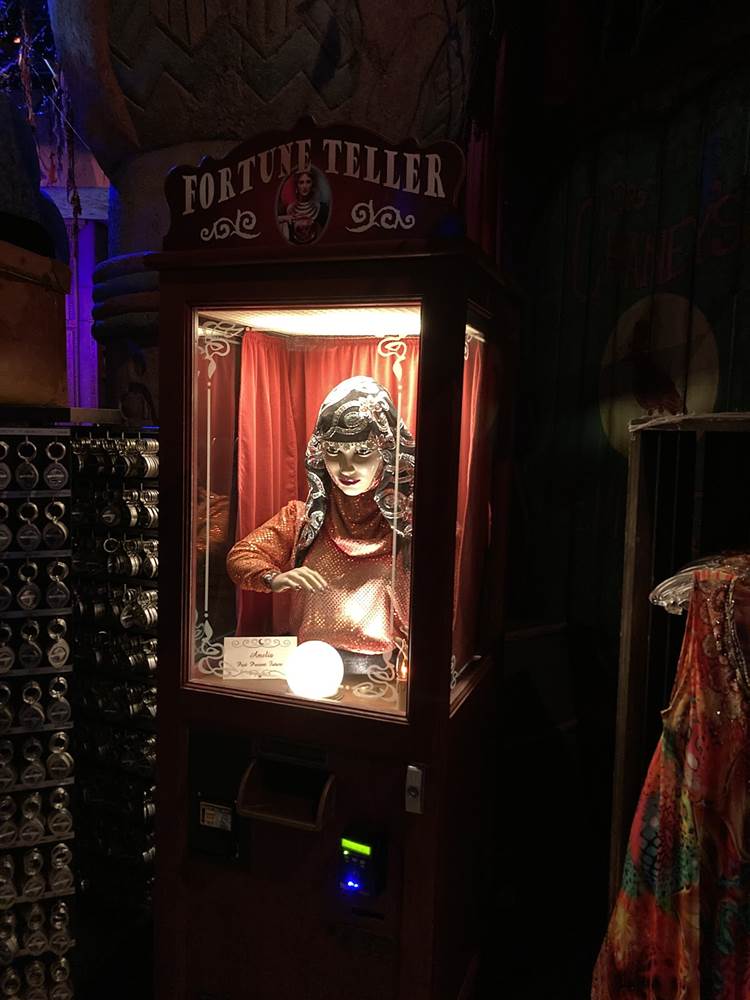
Photo:laughing place.com
I mean, think about your own opinion here. How likely were you to visit Vegas in 2024 without an HHN event?
Now, after this news, how likely are you? Exactly.
Universal will make a fortune in Las Vegas for what will be a very small capital investment, all things considered.
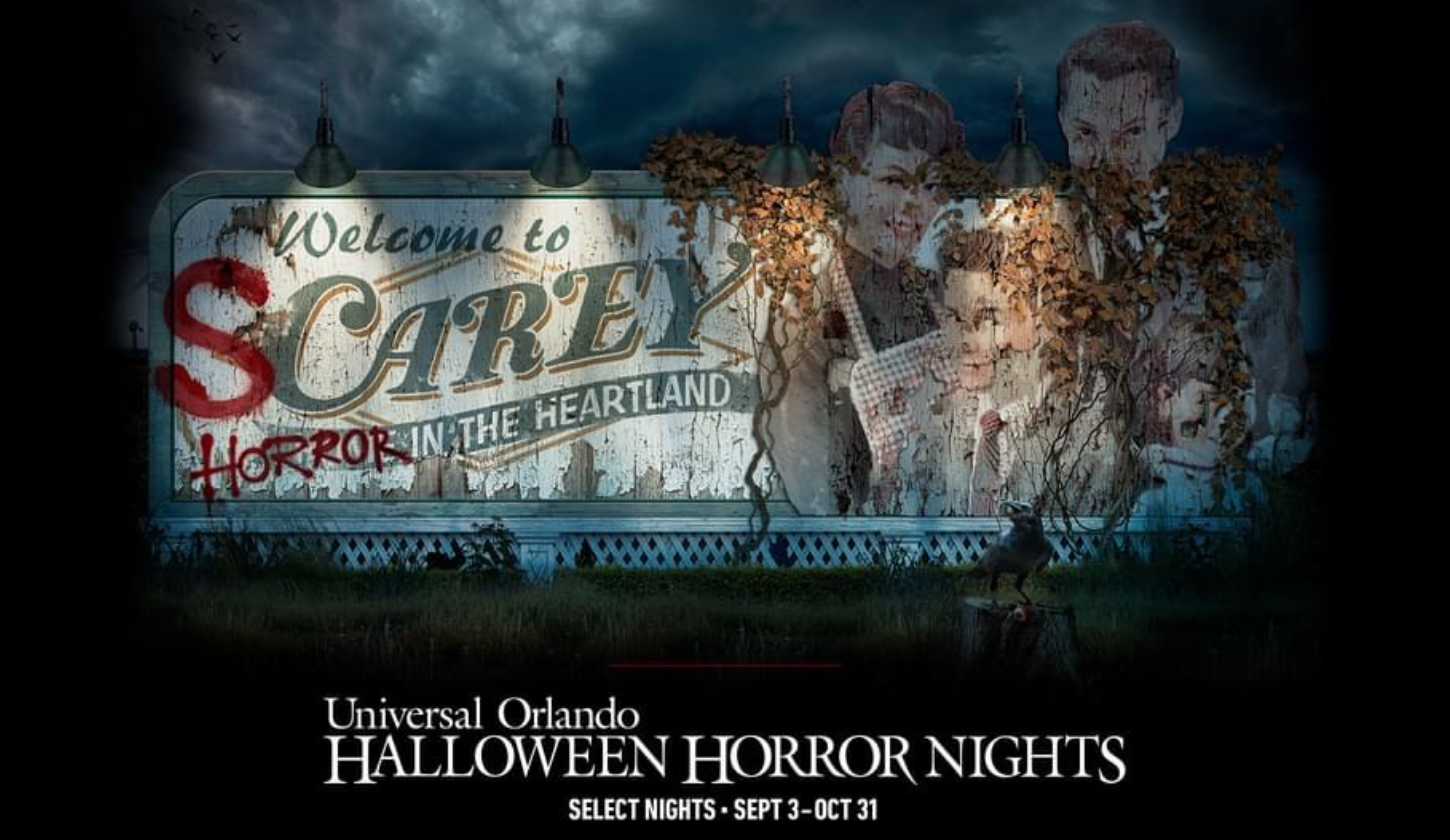
Photo: Universal Orlando
Also, we shouldn’t ignore the big picture here. These two small Universal Studios parks will pay for themselves quickly.
Afterward, that newfound revenue will go toward the cost of Epic Universe and additional Super Nintendo World expansions.

Photo: Facebook/Universal Orlando
As of now, Universal only operates in two American cities. The company will double that number over the next five years.
Also, if/when the Frisco development proves successful, Universal will almost certainly build more of these mini-parks with low ambitions but solid revenue streams.
Universal just went smaller to make its theme park empire bigger. It’s brilliant, and it’s gonna work.


